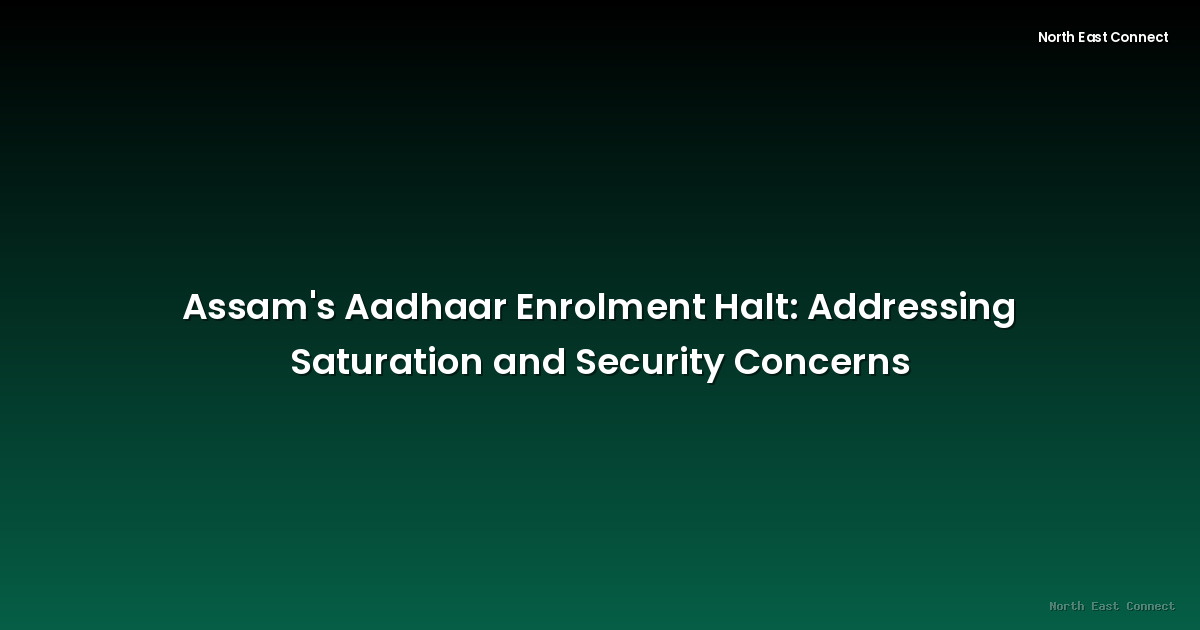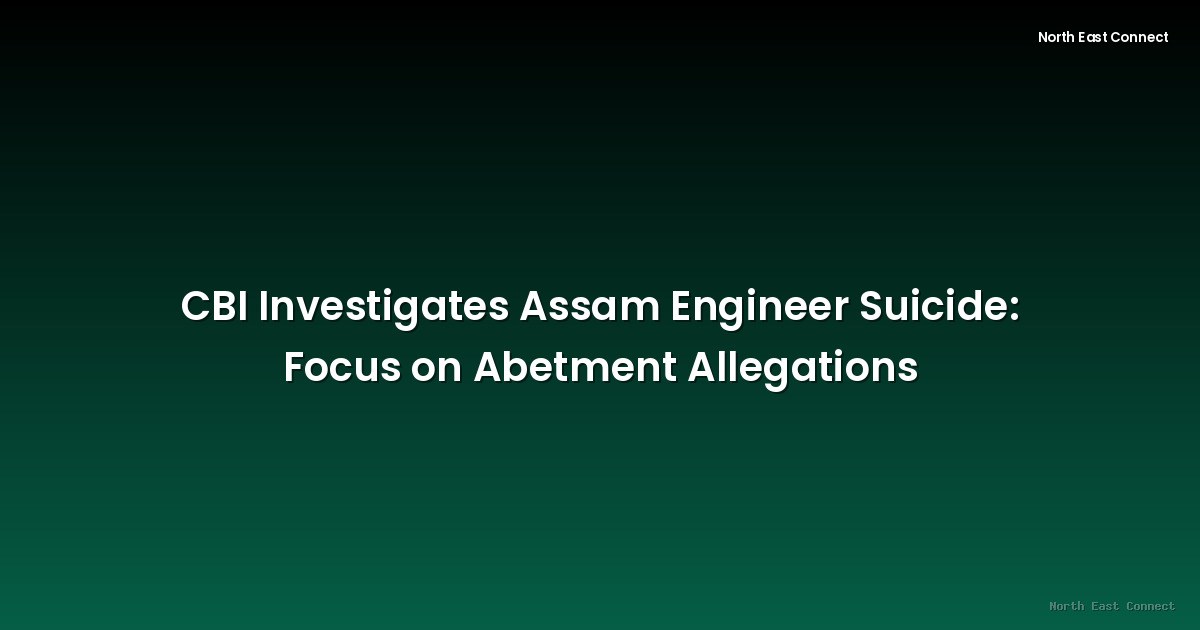2025-08-22 · News
The Assam government has announced a temporary halt to Aadhaar issuance for adults, citing concerns over population saturation and the potential for misuse by undocumented individuals, particularly those believed to be from Bangladesh. Chief Minister Himanta Biswa Sarma announced the decision, stating that the current Aadhaar enrollment process in the state has reached a point of saturation, necessitating a review of the system.
The move is part of the state government’s ongoing efforts to address issues related to illegal immigration from neighboring Bangladesh. For years, Assam has been grappling with the complexities of identifying and managing its undocumented population. This has led to various initiatives aimed at verifying citizenship and streamlining the identification process for residents.
The government's argument centers around the potential for individuals lacking legal residency to obtain Aadhaar cards, thereby gaining access to various government services and benefits. This concern, while valid, has also raised questions about the efficiency and effectiveness of existing identification and verification mechanisms. The government hasn't explicitly linked the halt to any specific increase in fraudulent Aadhaar applications, but the stated concern regarding individuals from Bangladesh suggests a connection to broader anxieties about illegal immigration.
The decision to pause Aadhaar issuance for adults represents a significant policy shift. While aiming to ensure the integrity of the Aadhaar system and prevent potential misuse, it raises concerns about potential disruptions to services that require Aadhaar verification. Many government schemes and private services rely on Aadhaar, and a halt in issuance could affect access to these essential services for legitimate residents.
The state government’s decision also underscores the challenges of managing a large and diverse population with potentially significant undocumented populations. The success of this initiative hinges on its ability to efficiently identify and address the security risks without unduly impacting the rights and access of legitimate citizens.
Further information regarding the duration of the halt and the planned review of the Aadhaar enrolment process is expected from the Assam government. The details of the review, including the specific measures taken to address the identified concerns, will be crucial in evaluating the effectiveness and long-term implications of this temporary suspension. The government is likely to explore improvements in data management, security protocols, and verification processes as part of this review.
In addition to tackling the issues of illegal immigration and Aadhaar misuse, this decision necessitates a comprehensive examination of Assam's demographic data and the efficiency of its existing identification systems. This may involve reassessing population trends, immigration patterns, and the resources allocated to citizen verification processes.
The move to halt Aadhaar issuance will undoubtedly be closely scrutinized by various stakeholders, including citizens, government officials, and civil rights organizations. The transparency of the review process and the clarity of the government's long-term strategy will be vital in mitigating any negative consequences arising from this policy shift. It remains crucial for the state government to strike a balance between addressing security concerns and ensuring continued access to essential services for legitimate residents.







